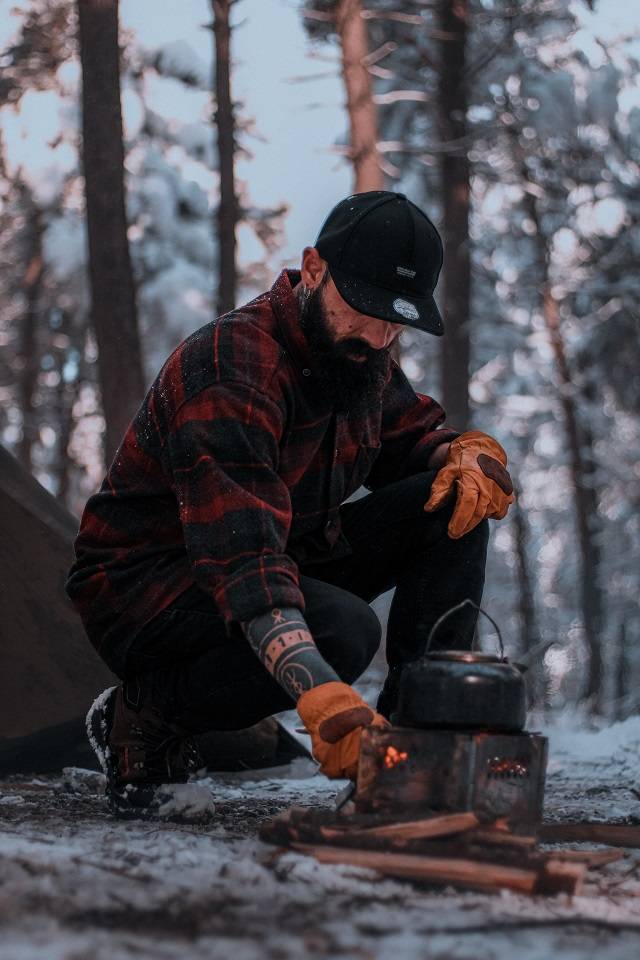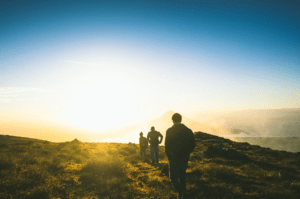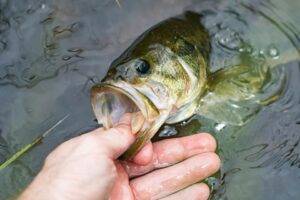
The first thing that springs into most people’s minds when they hear the word ‘survivalism’ or ‘survivalist’ is probably various TV series like Lost or Bear Grylls. However, there is much more to survivalism than the dramatized depiction that we all see on television nowadays.
Being a survivalist involves physical and mental dedication. Read any Survivalist Blog, and you’ll realize that survivalism requires a wide range of skills and expertise that keep you alive in unexpected or uncomfortable situations.
The Rise of Survivalism
Survivalism is based on how our ancestors would have lived thousands of years ago when cozy houses, central heating, technology, and motorized vehicles weren’t a thing. They survived off the land and were equipped to cope with difficulties like extreme weather conditions.
Survivalists have always been around, even since after the Industrial Revolution and the development of modern-day medicines. However, the idea of survivalism has grown in popularity in recent years. This growth in popularity is likely due to survivalists like Bear Grylls bringing the concept to the public eye, as well as ever-increasing concerns about nuclear attacks, civil wars, and economic instability.
The Concept of Survivalism – What Does Being a Survivalist Mean?
Survivalism is based on lots of unique principles and practices. Keep reading to learn more about the key practices to consider when you’re wanting to become a successful survivalist.
Self-reliance
One of the most important concepts of survivalism and key characteristics to develop if you want to become a survivalist is the idea of being self-reliant. You must be responsible for looking after yourself and avoid relying on help from external sources.
As a survivalist, you will live off the land and learn how to catch and prepare your own food, become financially independent, and prepare for disasters.
Essential skills
Surviving in the wilderness means learning how to find your own food, water supply, warmth, and shelter. This means knowing how to hunt, prepare food, how to use a good quality axe, preserve food for as long as possible, build fires, and build sturdy shelters for protection. Failure to meet these needs could put your life at risk if you’re truly living like a survivalist.
You must also learn basic first aid so you know how to treat minor injuries or deal with emergency medical situations. Similarly, you need to know how to keep yourself safe if you’re being stalked or attacked by a wild animal.
Living as a survivalist also requires you to have strong navigation skills, whether you’re using your memory, a map, or a GPS device to help you.
Financial independence
Another key feature of survivalism is financial independence. You must figure out how to become financially stable, regardless of the current economic market.
You could make smart investment choices, create streams of passive income, or build a hefty emergency fund to build financial resilience.
Critical thinking
Any survivalist will tell you that critical thinking is a vital part of what they do. With strong critical thinking skills, you’re better able to adapt to new surroundings and unique situations. You can figure out the key steps you need to take in order to survive and thrive in whatever circumstances you find yourself in.







